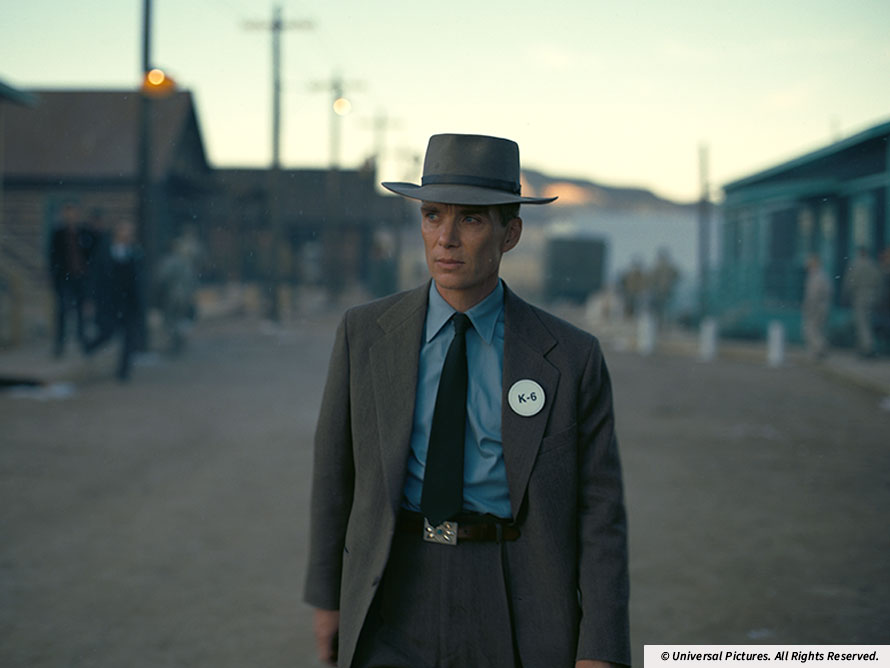Do nuclear bombs make us safer? As Christopher Nolan’s film Oppenheimer storms the Oscars, fears of nuclear war have returned.
The Oscar winner and a question of survival
 Shaken not stirred: After his Oppenheimer triumph, Cillian Murphy (above) is in the running to play James Bond.
Shaken not stirred: After his Oppenheimer triumph, Cillian Murphy (above) is in the running to play James Bond. Glossary
Academy Award - Hollywood's most prestigious honour, awarded annually since 1929 by Academy of Motion Picture Arts and Sciences. The Golden Globes is often seen to predict potential Academy Award winners.
Nuclear weapons - A bomb or other weapon that uses nuclear energy to cause a big explosion.
Government - The group of people who govern - or lead - the country.
World War Two - A global war that lasted from 1939 to 1945 and included all of the great powers.
Risk - The chance or possibility of something bad happening.
